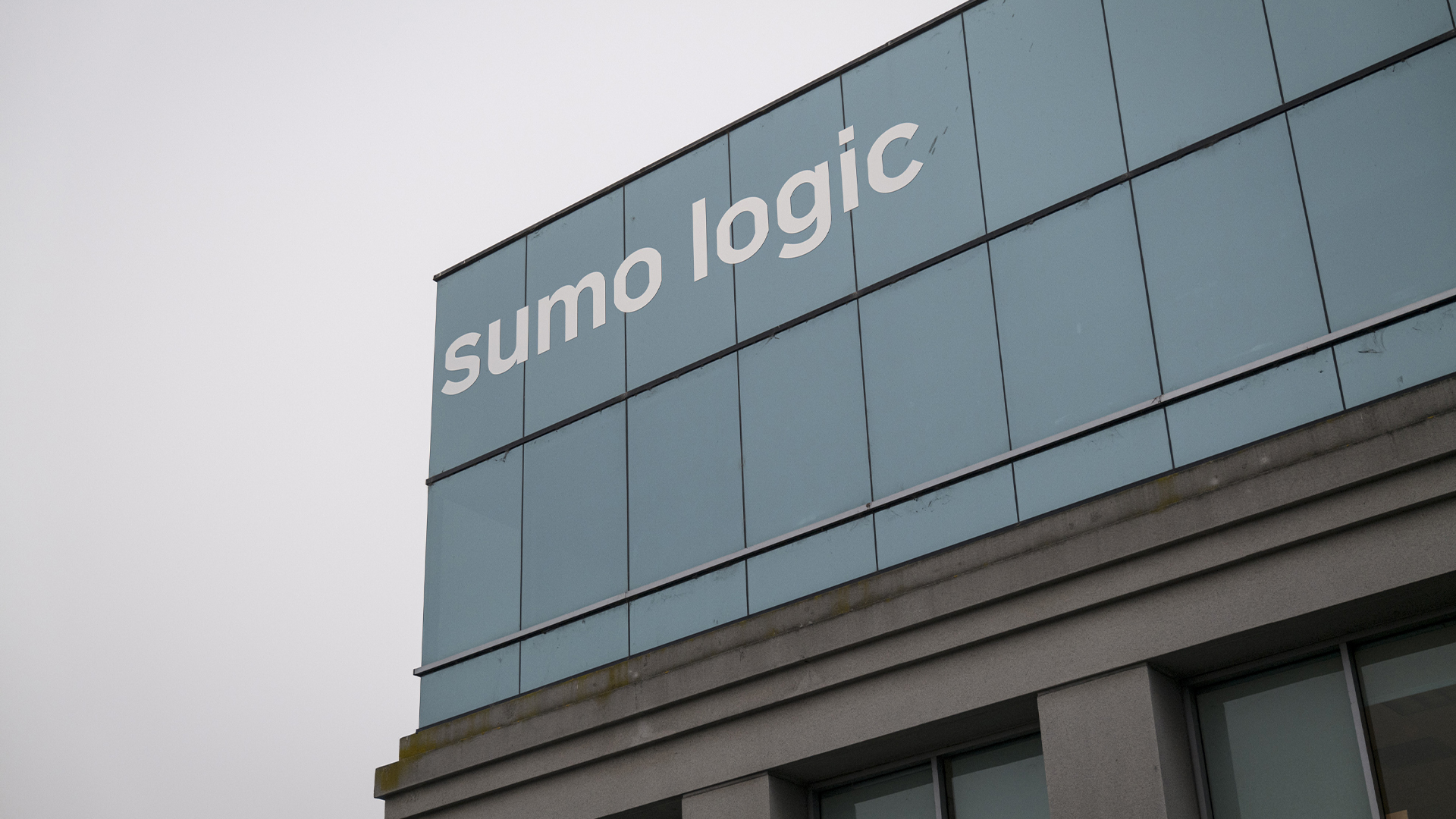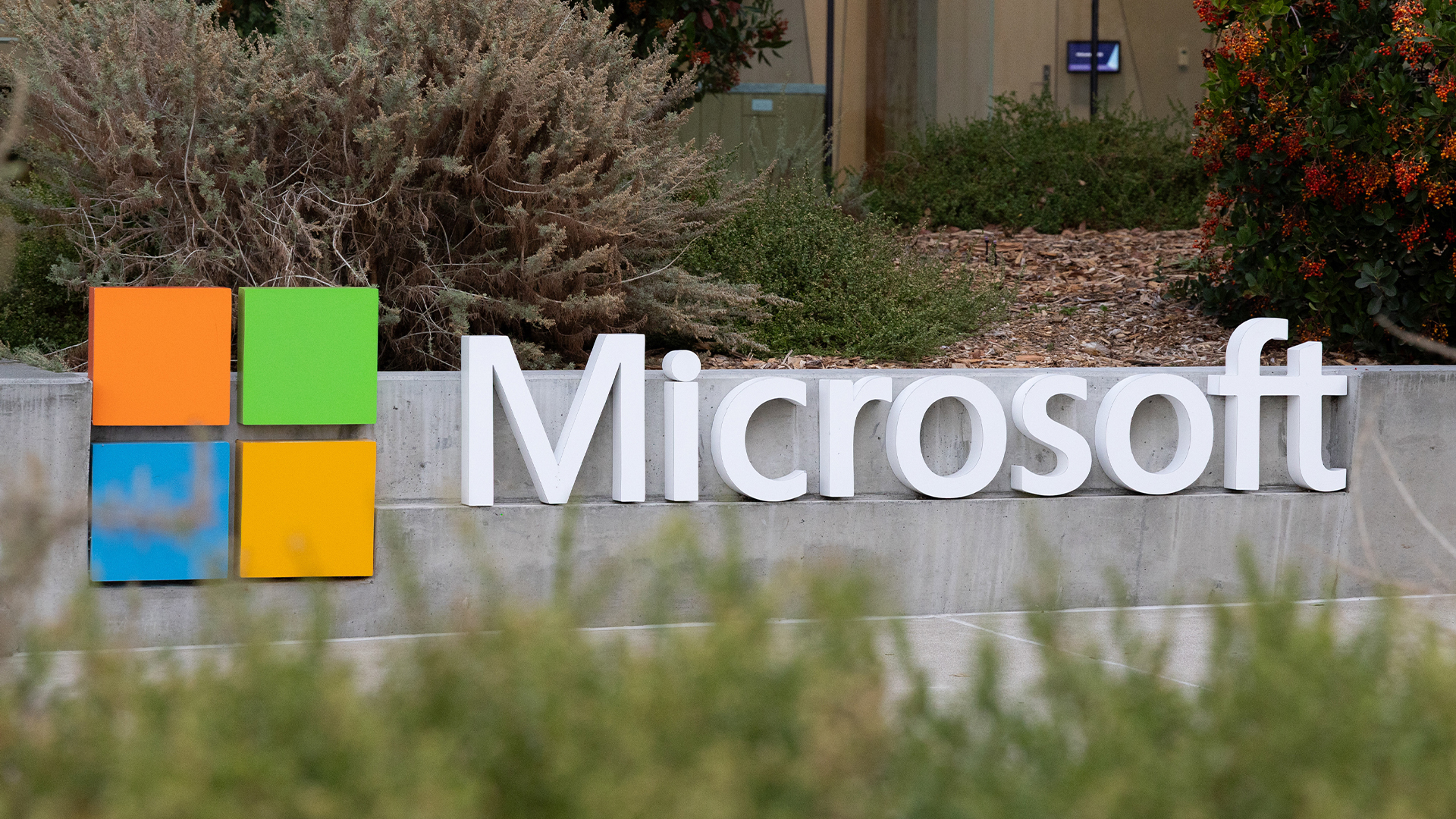Microsoft Windows Server 2008
Microsoft Windows Server 2008
A monster of an OS platform, but one which is wrapped up with kid gloves with unprecedented handholding and support and management infrastructure. Without doubt, the best Windows Server release ever, offering unparalleled levels of capability and power.
Conclusion
Overall, what should be made of Server 2008? Is it a somewhat lame dog like Vista, which hasn't received universal support and applause? No - the work that has gone into Server 2008 over the last five years has delivered many tangible benefits. The number and depth of the changes, both large and small, is extremely significant and a cautious determination by Microsoft shines through the new OS almost everywhere you look.
The first key question is whether the effort has resulted in a platform, which has breadth, depth and real capability to deliver to the large organisation in 2008 and in the future. I am in absolutely no doubt that this is the case, and that the 2008 release is the greatest version of Windows Server so far. Indeed, the roots clearly go back to the early work on NT, and much of that early clarity is still visible today.
The second key question is whether system admins will "get it", and really understand the capabilities. Here I have some worries and concerns - the sheer size of this product means it is frankly much too big for one person to understand, and it will put significant strains on the IT management and design functions within large companies. A huge amount of new learning, modelling, deployment design and implementation will be needed to get the best from this platform. There is no question that the rewards are there, but treating this as Server 2003 Plus Some is not going to deliver the full return on investment.
Indeed, I would give much weight to the view that says it's better to stick with the known Server 2003 platform until a proper review can be done by each organisation, and whereby each of these major new facilities can be explored, investigation and weighed. Then a proper vision can be built specific to the needs of that organisation, and a coherent and comprehensive deployment plan can be built. Rushing in might well carry over too many old ways of thinking.
In Microsoft's defence though, it is possible to bring Server 2008 and some of its key features alive very quickly in an organisation, and to get immediate benefit from doing so. The wise sage suggesting holding back might well be denying immediate benefits and key deliverables. Each organisation will have to decide and choose for itself.
There is no doubt that there is much for Microsoft to be proud of within Server 2008. If you consider the various families of additional tools, servers and services that sit around the Server 2008 campfire, there is no doubt that this is the most comprehensive and capable operating system ever delivered.
Sign up today and you will receive a free copy of our Future Focus 2025 report - the leading guidance on AI, cybersecurity and other IT challenges as per 700+ senior executives
Verdict
A monster of an OS platform, but one which is wrapped up with kid gloves with unprecedented handholding and support and management infrastructure. Without doubt, the best Windows Server release ever, offering unparalleled levels of capability and power.
Processor: Minimum, 1GHz (x86) or 1.4 GHz (x64), 2GHz or faster Recommended: Minimum Memory: 2GB RAM (Full installation) or 1GB RAM (Server Core installation) or more Maximum Memory (32-bit systems): 4GB (Standard) or 64GB (Enterprise and Datacenter) Maximum Memory (64-bit systems): 32GB (Standard) or 2TB (Enterprise, Datacenter, and Itanium-Based Systems) Available Disk Space: Minimum, 10GB, Recommended: 40GB or greater Optical drive: DVD-ROM drive Display: Super VGA (800 x 600) or higher resolution monitor Other: Keyboard and Microsoft Mouse or compatible pointing device
-
 Sumo Logic expands European footprint with AWS Sovereign Cloud deal
Sumo Logic expands European footprint with AWS Sovereign Cloud dealNews The vendor is extending its AI-powered security platform to the AWS European Sovereign Cloud and Swiss Data Center
By Daniel Todd Published
-
 Microsoft says 100% of its global electricity consumption is now matched by renewable energy
Microsoft says 100% of its global electricity consumption is now matched by renewable energyNews The tech giant is among the largest corporate purchasers of renewable energy
By Emma Woollacott Published
-
 Sam Altman just said what everyone is thinking about AI layoffs
Sam Altman just said what everyone is thinking about AI layoffsNews AI layoff claims are overblown and increasingly used as an excuse for “traditional drivers” when implementing job cuts
By Ross Kelly Published